Combating Desertification: Israel's Integrated Water Resources Management
Desertification, the process of land degradation in arid, semi-arid, and dry sub-humid regions, poses a significant global environmental challenge. On this Desertification Day, it is crucial to highlight successful initiatives that effectively combat this issue.
Israel, a country known for its arid climate, has made remarkable strides in addressing water scarcity and land degradation through the implementation of Integrated Water Resources Management (IWRM). This article explores Israel's innovative approach to water management and what we consider as our role in training professionals to tackle desertification.
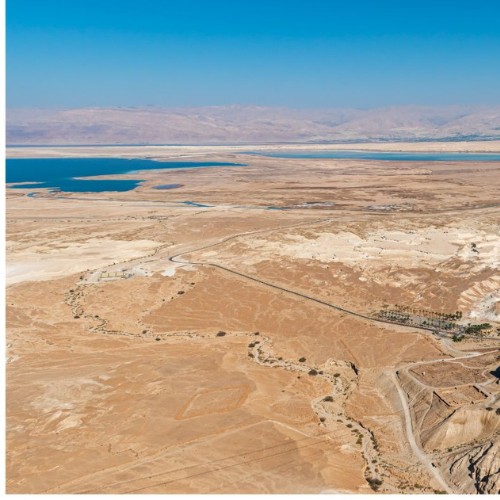
Israel's Water Challenge becomes a Success Story
Situated in a region plagued by water scarcity, Israel faces significant challenges in securing water resources for its population and agricultural needs. With limited annual rainfall and a growing population, the country has adopted a successful proactive and sustainable approach to water management.
Through the implementation of IWRM principles, Israel has made remarkable progress in water management, transforming its arid landscapes into thriving agricultural regions. The country's innovations include advanced desalination plants, efficient drip irrigation systems, and wastewater recycling initiatives. These initiatives have not only addressed water scarcity but also significantly reduced land degradation and desertification.
The results speak for themselves:
Israel is now the largest user of recycled effluent water for agriculture across OECD member countries: more than 87% of wastewater effluent is reused for agriculture.
Israel’s five desalination plants are among the most efficient in the world, supplying over 80% of the country’s domestic urban water.
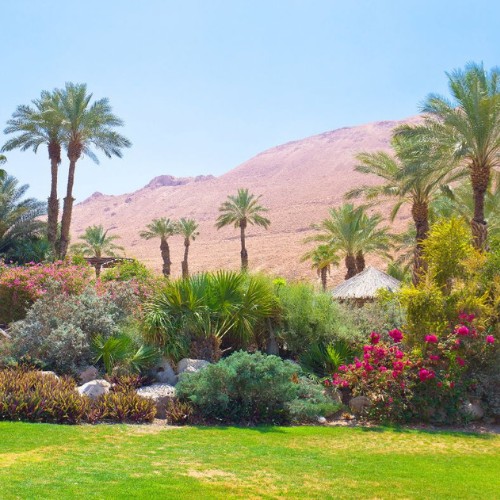
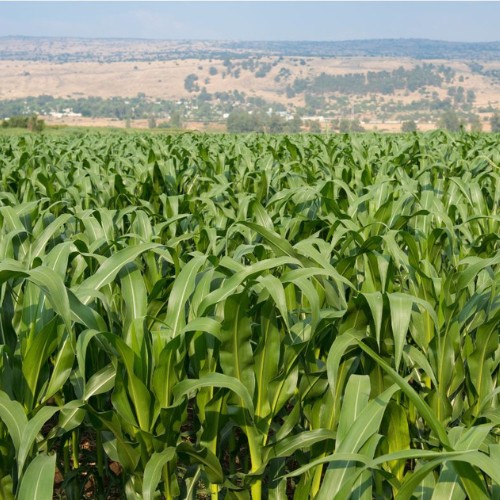
Integrated Water Resources Management (IWRM)
Israel's success in water management can be attributed to its actions according to the principles of Integrated Water Resources Management. This approach emphasizes the holistic and sustainable management of water resources, integrating various aspects such as water supply, demand management, conservation, and infrastructure development.
Galilee Institute's training course on Integrated Water Resources Management
Galilee Institute offers a comprehensive course on Integrated Water Resources Management, providing professionals with the knowledge and skills required to tackle water scarcity and quality challenges. The course equips participants with a better understanding of IWRM principles, techniques, and best practices, enabling them to implement effective water management strategies in their respective regions.
Course Highlights
In Israel’s unique geographical context, several key aspects of water management and environmental sustainability play a crucial role. We explore these topics within Israel's geographic setting with study tours to relevant sites across the country.
Natural Water Resources Management
Israel's geographical location in an arid region with limited natural water resources necessitates a comprehensive approach to managing these resources. Through innovative techniques such as rainwater harvesting, Israel strives to maximize the utilisation of its limited water sources.
Due to water scarcity, Israel places significant emphasis on efficient water consumption practices. This includes promoting water-saving technologies, implementing water-efficient irrigation systems (such as drip irrigation), and raising public awareness about responsible water use.

Water Quality and Water Pollution Control
Israel prioritizes water quality maintenance and pollution control to protect its limited water resources. Stringent regulations, advanced water treatment technologies, and comprehensive monitoring systems are in place to safeguard water sources from contamination and ensure a safe water supply.
Urban Water Supply Management and Wastewater Management
Managing urban water supply is a critical aspect of water management in Israel. This includes optimizing water distribution networks, implementing demand management strategies, and investing in advanced wastewater treatment and reuse systems to conserve water resources and minimize environmental impact.
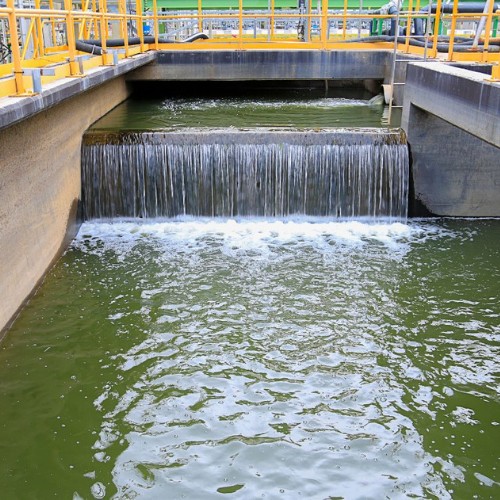
Economical Tools in Water Management
In Israel, economic tools such as water pricing mechanisms, incentives for water conservation, and market-based approaches play a crucial role in promoting efficient water management practices. These tools encourage responsible water use and foster economic sustainability.
Water Security
Ensuring water security is a top priority for Israel, given its water scarcity challenges. This involves diversifying water sources, including desalination plants, wastewater reuse, and innovative technologies to enhance water availability and reduce dependence on limited natural resources.
International Water Management Agreements
Given its geopolitical context, Israel actively engages in international water management and cooperation initiatives. This includes sharing expertise, technology transfer, and collaborative efforts with neighbouring countries and international organizations to address transboundary water challenges and promote regional stability.
Wastewater Treatment and Reuse in Agriculture
Israel has pioneered advanced wastewater treatment technologies and promotes the safe and controlled reuse of treated wastewater in agriculture. This approach reduces the pressure on freshwater sources and contributes to sustainable agricultural practices.
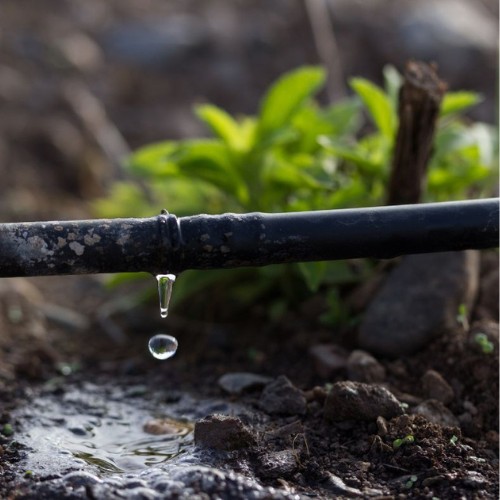
Ensuring Water Quality
The country places great importance on maintaining high water quality standards. This involves continuous monitoring, regular testing, and stringent regulations to ensure that water sources, both natural and treated, meet the highest quality standards for safe consumption.
The Impact of IWRM Training
Professionals who have completed Galilee Institute's course on Integrated Water Resources Management play a pivotal role in driving positive change in their communities. Armed with the knowledge gained from the course, they implement sustainable water management practices, introduce innovative technologies, and advocate for policy changes that support long-term water conservation efforts.
Conclusion
On this Desertification Day, Israel's success in combating desertification through Integrated Water Resources Management serves as an inspiration for other regions facing similar challenges. The course offered by Galilee Institute equips professionals with the necessary tools to implement effective water management strategies, contributing to the global fight against desertification.
By embracing IWRM principles and sharing knowledge, we can work towards a sustainable future where land degradation is reversed, and water resources are preserved for generations to come.

